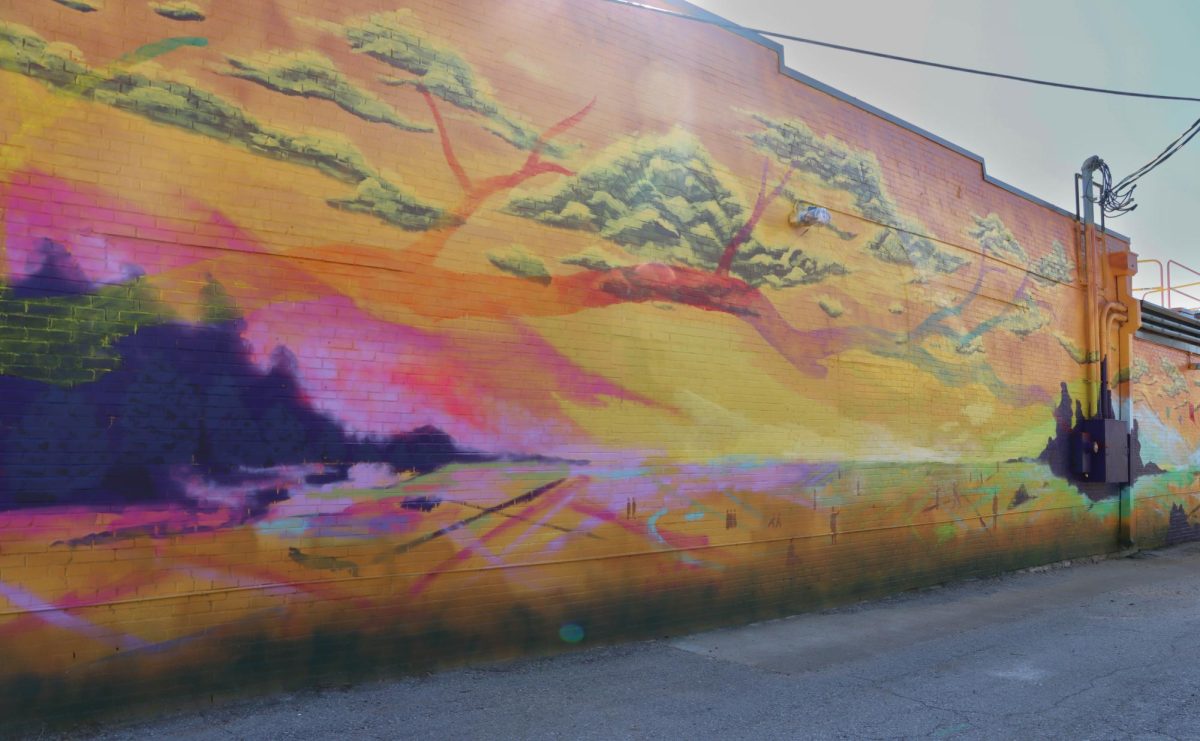This is only a test.
This past week fire drills were conducted in all residence halls, except DeMattias Hall, which has been plagued with false alarms all year long. The fire drill for DeMattias Hall was postponed due to inclement weather and is tentatively rescheduled for one day next week.
Leanna Skavlen, area coordinator of Griesedieck Hall, and Mike Bien, safety manager of Risk Management and Insurance, were both members of a team that evaluates the drills.
“It’s a tough job, a catch-22, a necessary evil,” Bien said. “There have been many fires at universities across the country, so students shouldn’t have the impression that it won’t happen here.”
With regard to the number of false alarms at Saint Louis University, Bien supports the idea of letting students know when the drills will occur. That way students will know whether it is a drill or the real thing.
Bien said he was impressed with the way the fire drills were run, especially the good demeanor of the students and the way the Department of Public Safety responded to the events. Facilities Services and DPS don’t know exactly when the fire drills will take place, so they have to be called in, Bien said. “It would be nice if the alarms went directly to DPS,” he said.
“From the perspective of Residence Life, the staff handled things well,” Skavlen said. “There was good communication between Residence Life, DPS and Risk Management. DPS also surprised me with how fast they were and how well they got students out of the Village.”
Skavlen said that she saw no glaring areas of concern and thought that there was a great improvement from last semester to this semester.
Although Bien also thought the drills went smoothly, he did have some concerns for the students’ safety.
He thought that the alarms in the Language Houses should all be connected so that if one caught on fire, the residents of the neighboring houses would be alerted.
Since the houses are so close together, if one went up in flames, the others would quickly catch fire as well, Bien said.
Another problem that Bien addressed was the issue of the alarms echoing in the Village Apartments, so DPS officers have a hard time determining where the alarm originated.
He also experimented in Marchetti Towers, blocking a stairwell on the eighth floor so students would have to find an alternative way out of the building. “Four students asked me, `What do you expect me to do?'” Bien said. They finally figured out that they needed to go to the other stairwell.
“It was a good educational experience, a helpful communication tool,” Skavlen said of the blocked exits.
She also said there wasn’t a noticeable difference in the amount of time it took students to leave the building.
One problem that Skavlen was notified of was the number of students cramming into the Marchetti elevators after the drill was over. Too many students were trying to fit into the elevator, where capacity is about 11 people.
“I’m trying to add a human touch to this,” Bien said. “We’re trying to protect the students and be more people-oriented.”
This includes scheduling drills during off-hours for dining so that residents in the apartments don’t have to leave when the oven or stove is on.
This also includes making sure all handicapped residents know ahead of time when the drill will occur and checking on them to make sure they make it out of the building, Bien said.
“Students have to take this seriously,” Skavlen said. “You never know whether something is a drill, a faulty wire or the real thing. It’s for their own safety and security.”









